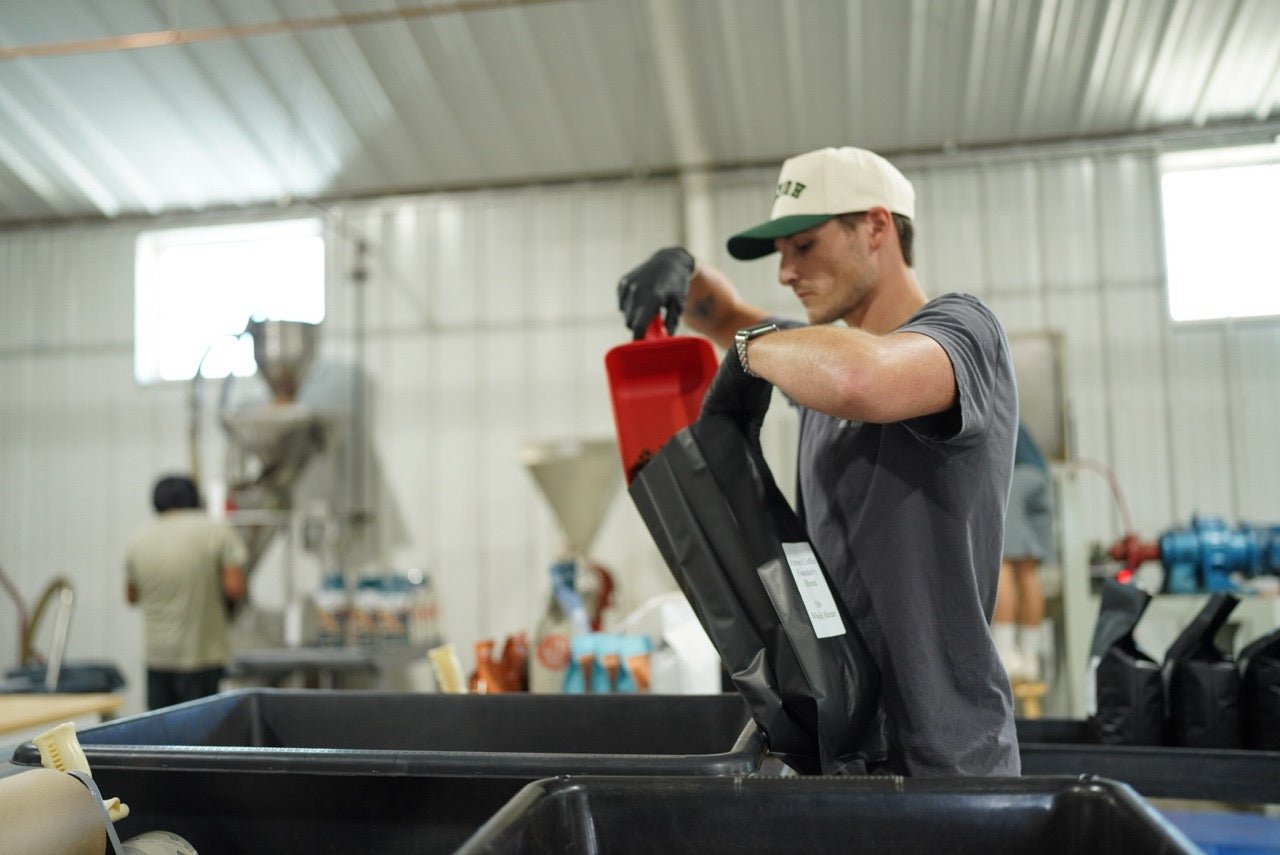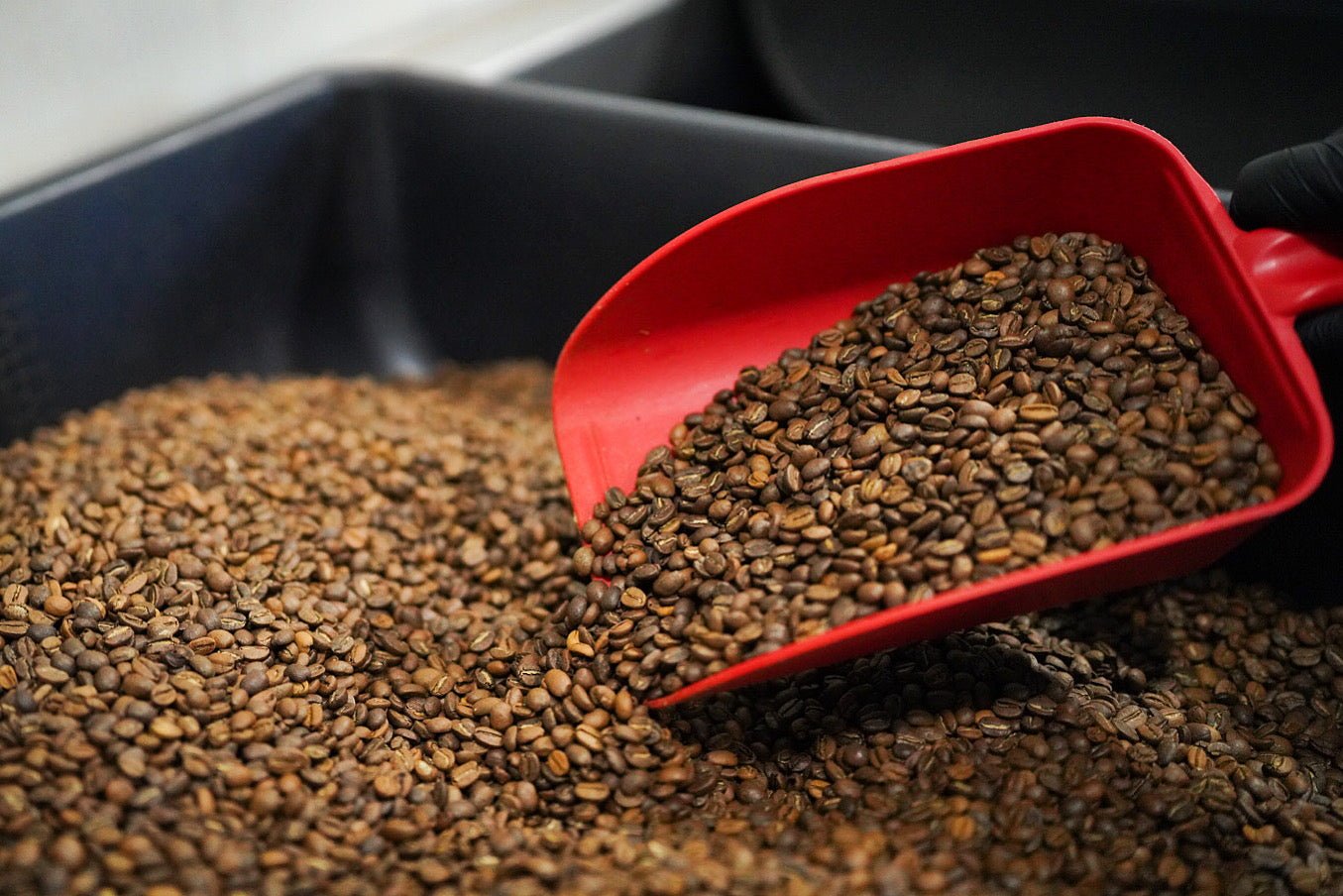The Importance of Water Quality in Brewing the Perfect Cup of Coffee
Water is a key ingredient in coffee, making up around 98% of the final product. Its quality has a significant impact on the flavor, aroma, and overall enjoyment of your brew. Ensuring optimal water quality is essential for coffee shops and other businesses that serve coffee to deliver a consistently great product to their customers. In this article, we'll discuss the importance of water quality in brewing the perfect cup of coffee and how to achieve it in your business.
-
The Role of Water in Coffee Brewing Water plays a crucial role in coffee brewing by extracting flavor compounds from coffee grounds. The minerals in water, such as magnesium, calcium, and bicarbonate, interact with the coffee particles, influencing the extraction process and the resulting taste. Consequently, using the right water quality can significantly impact the flavor and aroma of your coffee.
-
Ideal Water Characteristics for Coffee Brewing The Specialty Coffee Association (SCA) has established guidelines for the ideal water quality for brewing coffee. These guidelines include:
- pH level: A neutral pH level of around 7 is optimal for coffee brewing. Water that is too acidic or alkaline can affect the extraction process and result in imbalanced flavors.
- Total dissolved solids (TDS): The TDS refers to the amount of minerals, salts, and organic matter dissolved in water. A TDS between 75 and 250 parts per million (ppm) is ideal for coffee brewing.
- Hardness: Water hardness is determined by the concentration of calcium and magnesium ions. Moderately hard water is preferred for coffee brewing, as it enhances the extraction of flavorful compounds.
- Improving Water Quality in Your Business To achieve optimal water quality for coffee brewing in your business, consider implementing the following strategies:
- Test your water: Regularly test the water in your business to determine its pH, TDS, and hardness levels. This will help you identify any issues and make necessary adjustments.
- Use a water filtration system: A water filtration system can help remove impurities, such as chlorine and sediment, while maintaining the essential minerals required for coffee brewing. Choose a filtration system designed for coffee applications and follow the manufacturer's guidelines for maintenance.
- Invest in a water softener: If your water is too hard, a water softener can help reduce the mineral content and improve the brewing process.
- Train Your Staff Educate your staff about the importance of water quality in coffee brewing and train them on proper water management practices. This includes monitoring water quality, maintaining filtration systems, and adjusting brewing parameters as needed.
Water quality is a critical factor in brewing the perfect cup of coffee. By understanding the ideal water characteristics, implementing strategies to improve water quality, and training your staff, you can ensure your business consistently delivers a high-quality coffee experience to your customers. Prioritizing water quality can elevate your coffee offerings and set your business apart in a competitive market.


